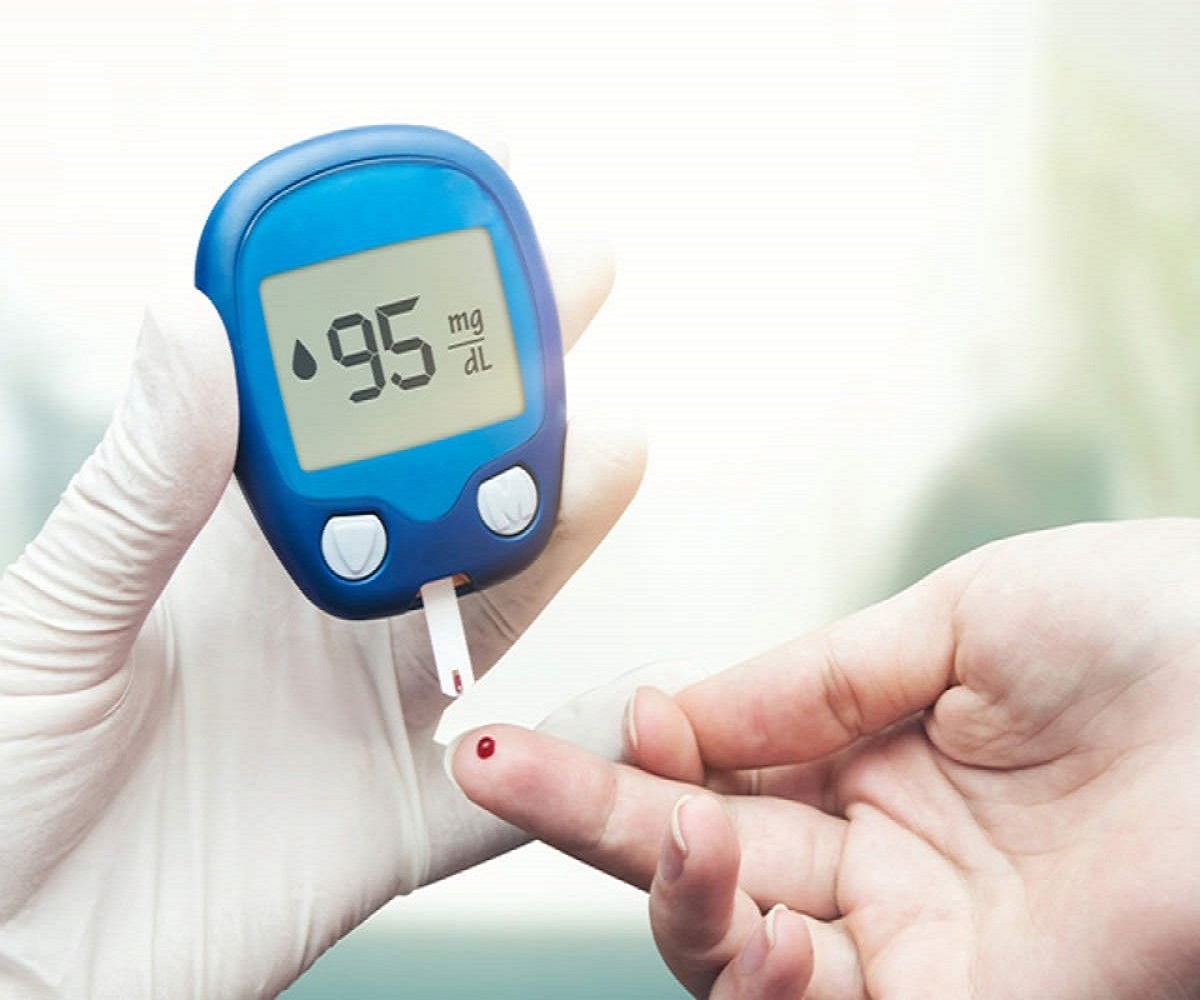GENERAL MEDICINE
General Medicine, also referred to as Internal Medicine, is a branch of medicine that deals with the prevention, diagnosis and the non-surgical treatments of diseases that are related to the internal organs. In our Internal Medicine Department, we find and understand the causes and symptoms as well as diagnose and treat a huge range of disorders that affect your body. Besides these, we also give you information related to the various types of chronic illnesses and their diagnosis.
The role of General Medicine in our daily lives cannot be emphasised enough. Today, most people face health issues such as arthritis, diabetes, asthma, cold and flu, hypertension and heart diseases and other recurring issues which can only be treated with medicines.


FEVER
A fever is a body temperature that is higher than normal. A normal temperature can vary from person to person, but it is usually around 98.6 F. A fever is not a disease. It is usually a sign that your body is trying to fight an illness or infection. Infections cause most fevers.Signs and symptoms of a fever include the following: Temperature greater than 100.4 F (38 C) in adults and children. Shivering, shaking, and chills. Aching muscles and joints or other body aches.
DIABETES
Diabetes mellitus, commonly known as diabetes, is a metabolic disease that causes high blood sugar. The hormone insulin moves sugar from the blood into your cells to be stored or used for energy. With diabetes, your body either doesn’t make enough insulin or can’t effectively use the insulin it does make.
Symptoms of Diabetes
- Increased Hunger
- Increased Thirst
- Weight Loss
- Frequent Urination
- Blurry Vision
- Extreme Fatigue
- Sores that don’t heal


HYPERTENSION
Hypertension, also known as high or raised blood pressure, is a condition in which the blood vessels have persistently raised pressure. Blood is carried from the heart to all parts of the body in the vessels.Doctors classify blood pressure into four categories: normal, prehypertension (mild), stage 1 (moderate) and stage 2 (severe). Treatment depends on which category your pressure consistently falls in when readings are taken.
Common factors that can lead to high blood pressure include: A diet high in salt, fat, and/or cholesterol. Chronic conditions such as kidney and hormone problems, diabetes, and high cholesterol. Family history, especially if your parents or other close relatives have high blood pressure.
THYROID
The thyroid is a butterfly-shaped gland that sits low on the front of the neck. Your thyroid lies below your Adam's apple, along the front of the windpipe. The thyroid has two side lobes, connected by a bridge (isthmus) in the middle. When the thyroid is its normal size, you can't feel it.
Hypothyroidism signs and symptoms may include:
- Fatigue
- Increased sensitivity to cold
- Constipation
- Dry skin
- Weight gain
- Puffy face
- Hoarseness
- Muscle weakness


KIDNEY DISEASE
Kidney disease means your kidneys are damaged and can't filter blood the way they should. You are at greater risk for kidney disease if you have diabetes or high blood pressure. If you experience kidney failure, treatments include kidney transplant or dialysis.
Symptoms can include:
- Weight loss and poor appetite
- Swollen ankles, feet or hands – as a result of water retention (oedema)
- Shortness of breath
- Tiredness
- Blood in your pee (urine)
- An increased need to pee – particularly at night
- Itchy skin
LIVER DISEASE
Liver disease can be inherited (genetic). Liver problems can also be caused by a variety of factors that damage the liver, such as viruses, alcohol use and obesity.
Liver disease doesn't always cause noticeable signs and symptoms. If signs and symptoms of liver disease do occur, the may include:
- Skin and eyes that appear yellowish (jaundice)
- Abdominal pain and swelling
- Swelling in the legs and ankles
- Dark urine color
- Pale stool color
- Nausea or vomiting
- Loss of appetite


RESPIRATION PROBLEM
Many breathing problems are long-term (chronic). These include chronic sinusitis, allergies, and asthma. They can cause symptoms such as nasal congestion, a runny nose, itchy or watery eyes, chest congestion, coughing, wheezing, trouble breathing, and shallow breathing.
Causes of shortness of breath include asthma, bronchitis, pneumonia, pneumothorax, anemia, lung cancer, inhalation injury, pulmonary embolism, anxiety, COPD, high altitude with lower oxygen levels, congestive heart failure, arrhythmia, allergic reaction, anaphylaxis, subglottic stenosis, interstitial lung disease.
HEART PROBLEM
One of the most common complications of heart disease, heart failure occurs when your heart can't pump enough blood to meet your body's needs. Heart failure can result from many forms of heart disease, including heart defects, cardiovascular disease, valvular heart disease, heart infections or cardiomyopathy.
Symptoms can include:
- Chest pain, chest tightness, chest pressure and chest discomfort (angina)
- Shortness of breath
- Pain, numbness, weakness or coldness in your legs or arms if the blood vessels in those parts of your body are narrowed.


BRAIN PROBLEM
Inflammation in the brain can lead to problems such as vision loss, weakness and paralysis. Loss of brain cells, which happens if you suffer a stroke, can affect your ability to think clearly. Brain tumors can also press on nerves and affect brain function. Some brain diseases are genetic.
Symptoms can include:
- Vomiting
- Nausea
- Speech difficult
- Bleeding from the ear.
- Numbness
- Paralysis
- Memory loss

No comments yet